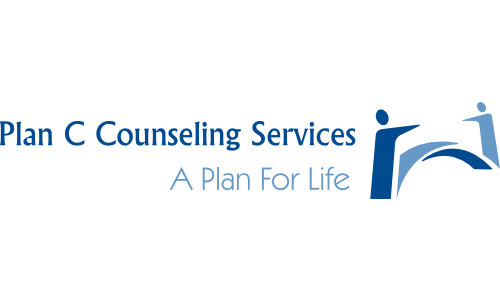In our final discussion in this series on self-esteem, we will be looking at practical techniques that one can use to boost self-esteem.
Let’s begin by rebutting the “Inner Circle.” We all have an “Inner Circle”, most commonly comprised of the following: 1) The Unfair and Harsh Inner Critic: “My presentation was nowhere as good as it should’ve been. I’m such an impostor! Acknowledge strengths: “Maybe my presentation wasn’t perfect, but I worked hard and I did a good job! I’m proud of myself! 2) An Inner Voice that Generalizes Unrealistically: “I don’t understand anything in this class! I’m stupid, and I don’t belong in college! Be specific: “I’ve done poorly on this test, but I’ve done okay on the homework. At least now I have a better idea on how to prepare, and what I need to work on.” 3) The Inner Critic that makes Illogical Leaps: “He’s frowning which obviously means he doesn’t like me”! Challenge Illogical: “He’s frowning, but I don’t know why. It probably has nothing to do with me at all.” 4) An Inner Voice that Catastrophizes: “She turned me down for a date! I’ll never find a girlfriend because no one will ever like me!” Be objective: “Okay, that hurt a little. She doesn’t want to go out with me, but that doesn’t mean no one does! I know I’m a nice person, and I will eventually find someone I’m compatible with.”
You’ll also need to be vigilant in practicing self-compassion. Be sure to forgive yourself when you don’t do everything you hoped you would. Try being gentle verses critical with yourself. Recognize your humanness. We all make mistakes. By accepting our “humanness”, we feel more connected to others, and recognizing that mistakes are part of being human, we are therefore more compassionate with ourselves and others. Be mindful of your emotions. Allow yourself to experience emotions in a balanced way without suppressing them or getting completely swept up in the feeling. Try not to judge yourself for having negative emotions. Remember that they come and go and will eventually pass.
In conclusion, don’t hesitate to get help from others. Asking for help can be difficult for people with low self-esteem because they feel they don’t deserve it. Other people are vital in helping you challenge the critical and negative messages that come your way through past (and present) experiences. And finally, reaching out to a therapist or counselor is always a good idea when low self-esteem is too painful or difficult to overcome. Always remember that you never, ever, have to do this alone!!



